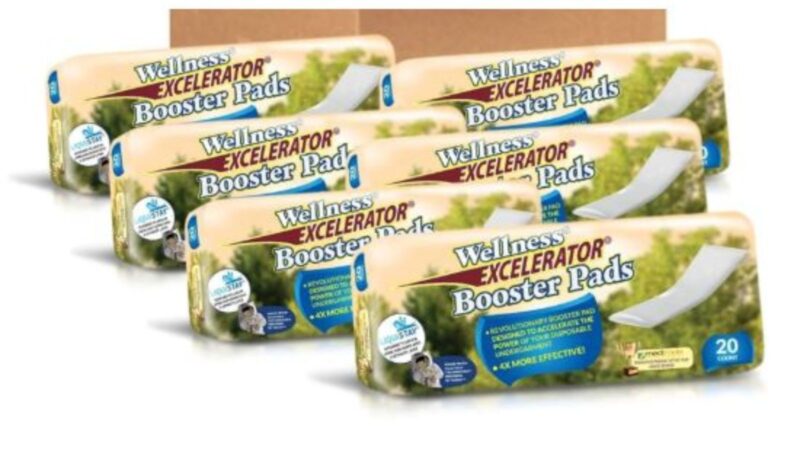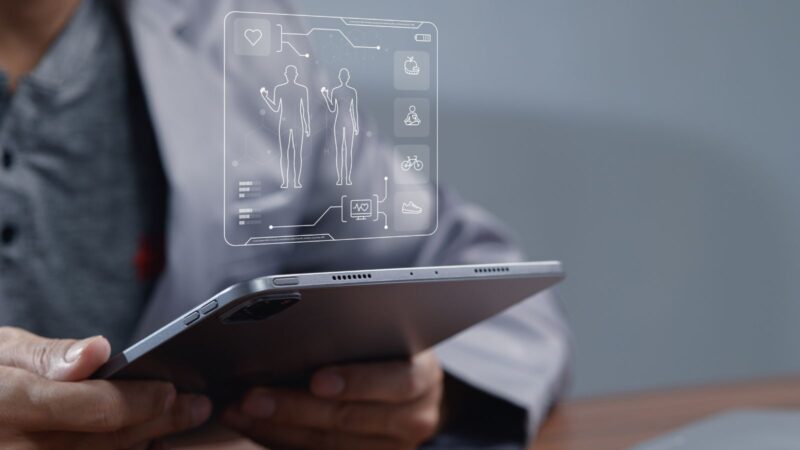
As we age, our bodies undergo changes that make us dependent on others. For instance, vision issues may arise, and the body may become prone to falls. While we can’t reverse aging, we can cope with it using modern devices like medical alert devices.
These devices enable seniors to get quick help from caregivers, family, or even medical experts when they are in trouble. They have one large button that an elder can press when in need of help. While most devices work similarly, they come in varying designs and features to suit the needs of every person.
In this guide, we will look at the top medical solutions that you can use at home to make aging in place safer. Keep reading to learn about them and buy what suits your seniors’ mobility needs.
1. Wearable Devices
Wearable devices are worn on the body. They come in the form of a pendant, a smartwatch, or a wristband, offering 24/7 health monitoring for the wearer. These devices are the most popular medical alert devices for seniors because of their flexibility; they offer remote caregiving and are also stylish in design.
When looking for devices offering home medical alert for seniors, consider getting a wearable device that suits your senior lifestyle and choice. That way, you’ll always have reliable information on their whereabouts and health conditions.

Most of the devices are also durable and water resistant; the senior user won’t have to remove them when bathing or sleeping, ensuring safety and peace of mind.
2. Fall Detection Systems
Slip and fall cases are quite common in adults; nearly one in every four adults falls annually. The falls happen because of age-related illnesses and vision impairment. Thankfully, fall detection systems exist in most medical alert solutions that provide alerts in case one falls.
Their fall detection feature notifies healthcare services immediately when seniors fall, so that they can be rescued on time. Most of these systems come with water-resistant fall detection systems, so alerts can be sent to people even when the adult falls while taking a shower.
If your senior is prone to falls or they are above 65 years, get them a fall detection system to get help in case of falls and potential accidents. For seniors with declining eyesight, routine check-ups at a facility like Intermountain Eye Center can help correct refractive errors or manage conditions like glaucoma, reducing fall risks.
3. Voice-Activated Systems
Some home medical alert devices have a voice-activated system that listens to word phrases. If a senior is not capable of pressing the help button, they can simply say some phrases, such as help me, or emergency, and get help.
When such help phrases are detected, the system contacts an emergency monitoring center, which informs nearby medical experts or close family members to offer quick help. Voice-activated systems are ideal for elderly people who have mobility issues or are still recovering from sickness.
Instead of straining to stretch their hands to the device, they can simply seek help by voice and get immediate support.
4. Wall-Mounted Devices
As the name implies, the wall-mounted devices are installed on the wall at home. They are an excellent backup option for wearable devices; you can install as many as you wish at home.
For instance, you can have them on your kitchen, living room, or even bedroom walls. If a medical emergency arises and a senior needs to call for help, they will simply reach out and press without leaving the house.

Most have a good speaker and a microphone, making it easier for the seniors to communicate. Consider a wall-mounted device if the senior stays at home most of the time or requires a hands-free option.
It is also a reliable solution in cases where the senior is prone to easily lose a wearable device, such as a pendant.
5. Smart Watch Devices
Would you like a device that monitors the heartbeat of your loved senior, their steps, and even their oxygen level?
If so, you can get them a smartwatch. This device resembles a traditional watch but features smart medical alert capabilities. The watch’s unique features include GPS tracking, blood oxygen level, medical reminders, and fitness tracking.
If your senior loves watches and would like to monitor their health digitally, consider getting them a smartwatch medical alert device and check its features for the best results.
6. In-Home Activity Systems
In-home activity devices monitor patterns at home, analyze them, and send notifications when something different happens. For instance, they can learn the activity patterns in a chair, bed, door, or room.

After learning the patterns, the device sends an alert if unusual activity is detected. For instance, assume that the device has learned of the senior’s daily movement in their bedroom. In that case, the device can notify caregivers if there is no movement in that room.
They can then check on the person’s health, because the usual movement hasn’t been detected. This system is beneficial for seniors who live alone or have mobility issues.
Conclusion
There are many home medical alert solutions, and we have discussed the main ones above. You can have more than one for maximum monitoring.
For instance, you can combine the wearable devices with the wall-fixed ones for 24-hour monitoring. Before using them, understand the needs of your senior and seek clarification on their use for optimal results. Remember to check user reviews to make a well-informed buying decision.











